MRCU issues warning despite larvicide efforts
(CNS): The Mosquito Research and Control Unit (MRCU) has just completed its largest-ever pre-season larvicide treatment, which covered almost 15,000 acres. Despite this, MRCU Director Dr Alan Wheeler warned that a large emergence of mosquitoes is expected over the coming days as the wet weather continues.
“The team at the MRCU was able to treat 8,900 acres with larvicide in advance of the onset of the rainy season,” he said. “We were also able to treat a further 5,950 acres once the rain started, making this the largest pre-season larvicide treatment ever conducted by the MRCU. Despite these intensive control efforts, and in light of the rain that we have been experiencing, we are expecting that adult mosquitoes will be emerging over the coming days.
“Although biting rates are expected to be high, we are confident that our team here at the MRCU will be able to bring the mosquito numbers down to normal levels before the end of next week,” Wheeler added.
According to the Cayman Islands National Weather Service, cloudy skies and showers are expected over the next few days. There is a 40% chance of showers and thunder today and a 60% chance tonight, when rain may become heavy, leading to flooding of low-lying areas.
Call the MRCU on 949-2557 to file a mosquito-related complaint or visit the MRCU website.
- Fascinated
- Happy
- Sad
- Angry
- Bored
- Afraid
Category: Local News, Science & Nature, Weather





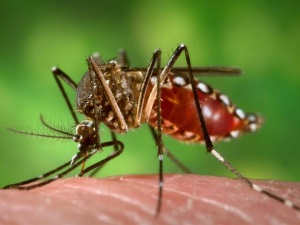










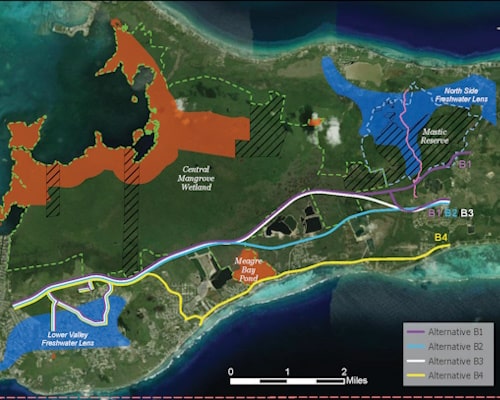

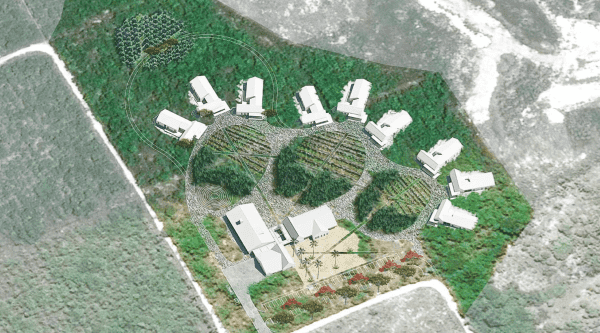
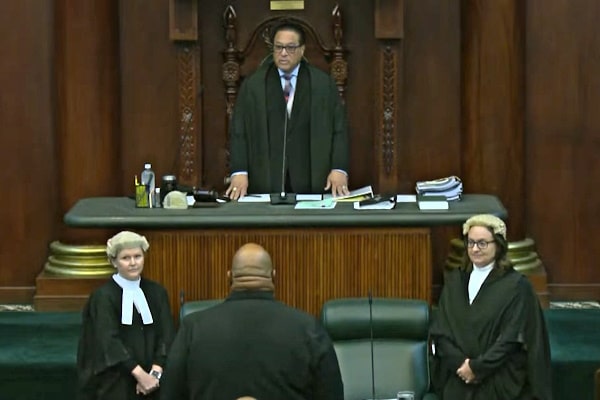




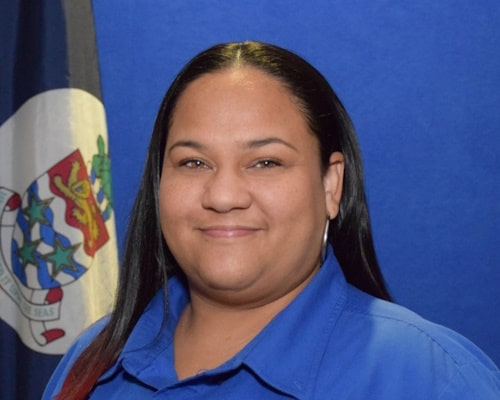













George solved our problems decades ago . MRCU had a plan that worked. He changed the plan . It doesn’t work.
Fire him
It is clear that things are not working at MRCU. I heard that there is a long ongoing dispute between the current Director and the pilots. Something to do with the Director asking the pilots to fly higher because the insecticide was being applied incorrectly. Apparently there was an internal audit report that confirmed Wheelers concerns. I also heard that if you have a motorbike that needs spraying you should contact MRCU as they do a great job.
Serious sh*t. “You heard” from who exactly.?
If there is an audit report it should be publicly available.
Is the Boom and Nozzle still open? It was a great place to hang out for a rum and Pep and watch drunken pilots get into fights with each other. If you like listening to racist rants about Caymanians, Jamaicans filipinos (p*issing dogs, rice rats and peasants were a few of the words used) then this would definitely be the place to go. Get a drink at any time and located at the MRCU hangar.
MRCU, you had one job
Does this make sense to anyone?!
Firstly, the MRCU Director is boasting about the huge area they treated with larvicide, no doubt at great expense. He then tells us that we need to be prepared for mosquito emergence issues, ‘in light of the rain’! We know that larvicide is put down before the rains so that mosquitoes don’t emerge when it does rain. This begs the question: is the larvicide not working???? If it isn’t then why and how much money has been wasted?
Last excuse was the ‘unusual high tides’ that seemed to take MRCU by surprise. Most Caymanians know what king tides are and when they will happen, why not MRCU?
Something is not computing here! Get the smoke pots ready!
Money down the drain, all this rain has diluted its potency.
Primary issue, imo, is that they have moved away from Altosid (methoprene) larvicide; it is an excellent larvae growth regulator, and isn’t harmful to frogs and other water fauna. MRCU website still references methoprene, however it is my understanding that it has been deemed to be to expensive. I understand that, but what price is our safety and health?
Also, Sister Islands used to get flyovers dropping pellets. Hasn’t happened in several years. Many areas of all three islands have no roads, and the only viable way of treatment are the dropping of larvicide pellets. MRCU website indicates that flyovers were done on all three islands in Mid-May. I don’t know anyone who saw them; if I am mistaken, then I apologise to the MRCU.
The Aquatain that is used to spread over large bodies of standing water is an effective treatment, and should be available to citizens in affected areas.
There are many types of larvicide. Some are put down in advance of the rains, others are applied soon after rains start. Unless every square inch of all potential breeding sites are treated then it is inevitable that some mosquitoes will emerge. Whilst larvicide would have stopped mosquitoes emerging in treated areas they would have had no impact on untreated areas. I am not sure about the cost of treating the whole island but I suspect it is not feasible. I am not clear how knowledge of high tides can be used to prevent them flooding mosquito breeding sites. What do you think could have been done to prevent these tides causing flooding of swamp areas?
When will the next king tide be? Is there a website that shows this?